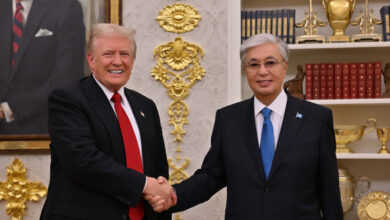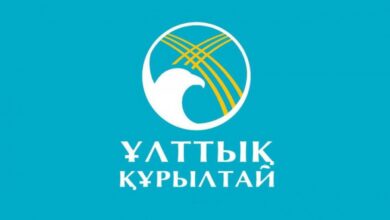
One major update is the restriction on the advertising of gambling and betting, including via SMS and outdoor advertisements.
This ban covers all forms of media, with exceptions only for bookmaker offices, sports facilities, and sports equipment. The aim is to prevent unsolicited gambling advertisements from reaching citizens, especially those under 21, who are legally barred from participating in gambling. Violators will face administrative penalties.
Additionally, people listed in the Unified Register of Debtors are now prohibited from engaging in gambling and betting. This affects around 3.5 million debtors in the country. The law also increases the self-exclusion period for individuals wanting to restrict themselves from gambling to 10 years, impacting over 150,000 people. Civil servants and military personnel are also banned from gambling, with violations resulting in dismissal.
The law introduces new measures for the anonymous treatment of gambling addicts, bypassing the need for official registration. Payments to illegal gambling operators are prohibited, and government efforts are underway to block access to illegal gambling websites.
A significant change is the ban on lottery terminals and electronic lotteries. The sale of lottery products will now be confined to the official internet resources and mobile apps of the lottery operator. The traditional lottery will not be available in residential areas, cultural, educational, healthcare, and religious institutions, or within 100 meters of schools, universities, hospitals, and clinics.
For further details, citizens are advised to visit the Ministry’s website and the e-licensing portal, which provide a list of legal gambling businesses and other relevant information.



